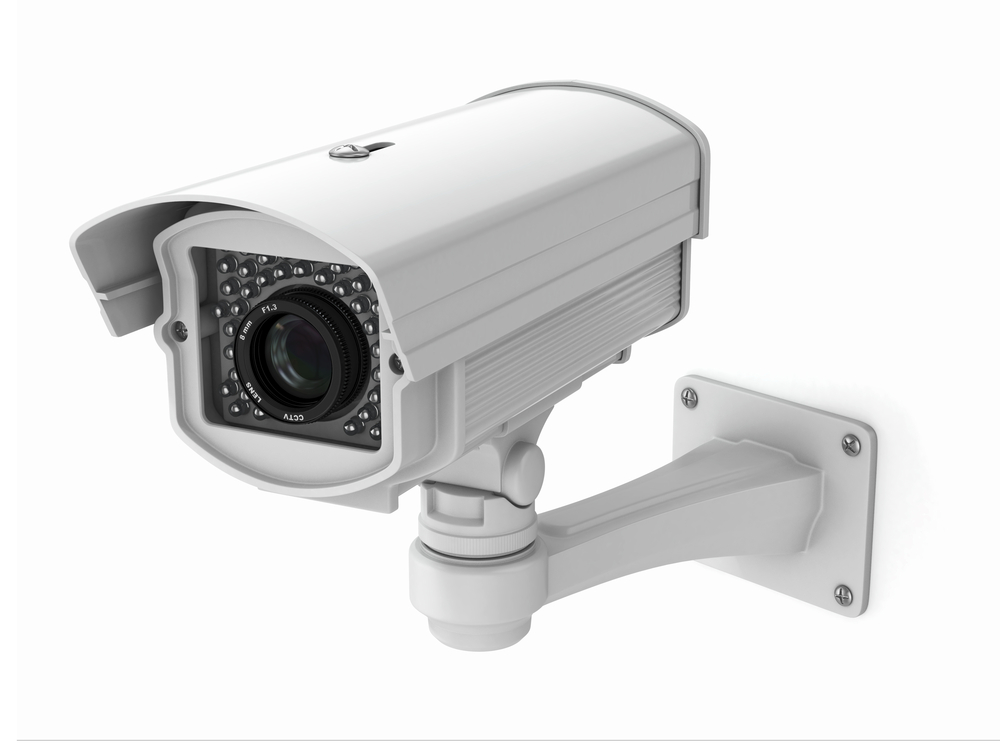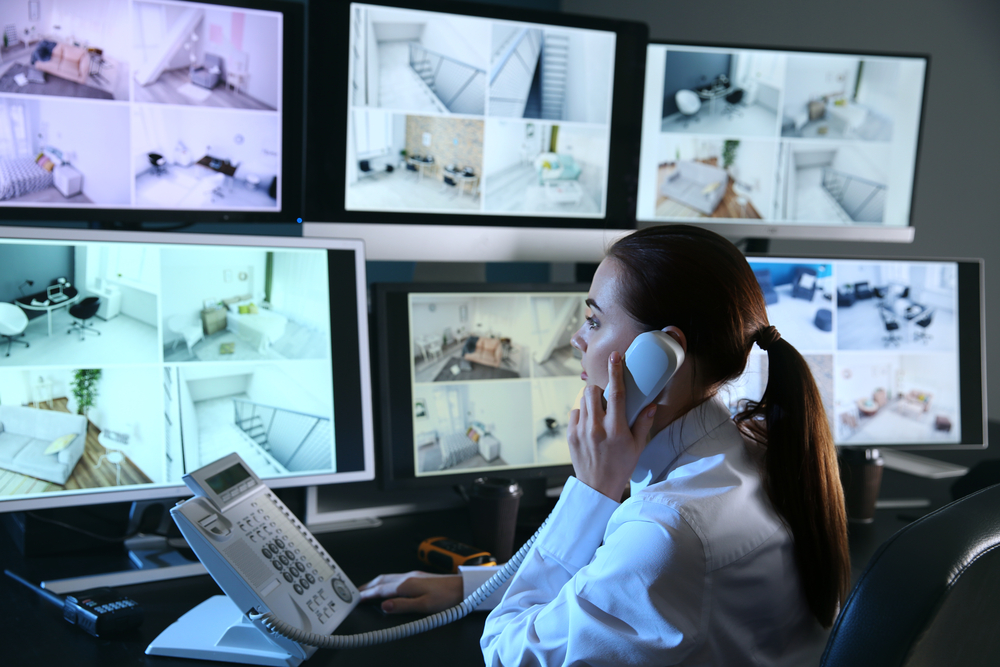
The legal implications of using CCTV towersThe legal implications of using CCTV towers
If you run a business, or organise events, you are always looking for new and innovative ways to improve your security.
CCTV towers have emerged in recent times as the perfect way to do just that, providing affordable and reliable surveillance when and where you need it most for exactly how long you need it.
Like any surveillance cameras, whilst you are perfectly entitled to install them on your business site, there are certain legal rules and regulations that you need to abide by, especially when recording members of the public.
At Trust Hire, Security CCTV is what we do and as one of the UK’s leading providers of commercial CCTV towers we are well versed in all the relevant legislation surrounding CCTV use.

In this article, we will share some of this knowledge with you, revealing all the information that you need to be aware of when installing a perfectly legal, and highly effective, CCTV surveillance system on your property.
Privacy Law
The main legal consideration when installing a new CCTV tower is ensuring that you are complying with all relevant privacy law.
The main rule to follow is that videos should not be recorded inside areas where individuals have a reasonable expectation of privacy.
This may sound a bit vague but in general means hat places such as changing rooms and toilets are off limits.
The other major impact of legislation that you need to be aware of is that individuals must be informed that they may be recorded through visible signage.
Installing signs on the perimeter of your property not only helps you to comply with these rules but also helps to maximise the effectiveness of your CCTV system as a deterrent as criminals are far less likely to try and get inside if they know that they are under surveillance.
Data Protection
You must be careful about how long footage is kept for, and how it is used once it has been recorded.
Footage that is kept for too long can lead to questions over the intent behind the recording and could land you in trouble for mismanagement of sensitive data.
Industry Specific Legislation
In some industries there are specific rules and regulations regarding CCTV above and beyond the universal legislation that all commercial entities must abide by.
Healthcare settings, for example, are particularly sensitive and there are specific rules over exactly what can and can’t be recorded in the interests of security.
Overall, CCTV is a great way to protect yourself and reduce the number of crimes that are being committed in a certain area.
The last thing that you want to do, however, is to accidentally end up on the wrong side of the law yourself during the installation or observation process.
Avoid the mistakes highlighted in this guide and you will minimise your risk of doing just that but if you have any questions or concerns whatsoever, do not hesitate to get in touch with our security experts.
December 8, 2023December 8, 2023